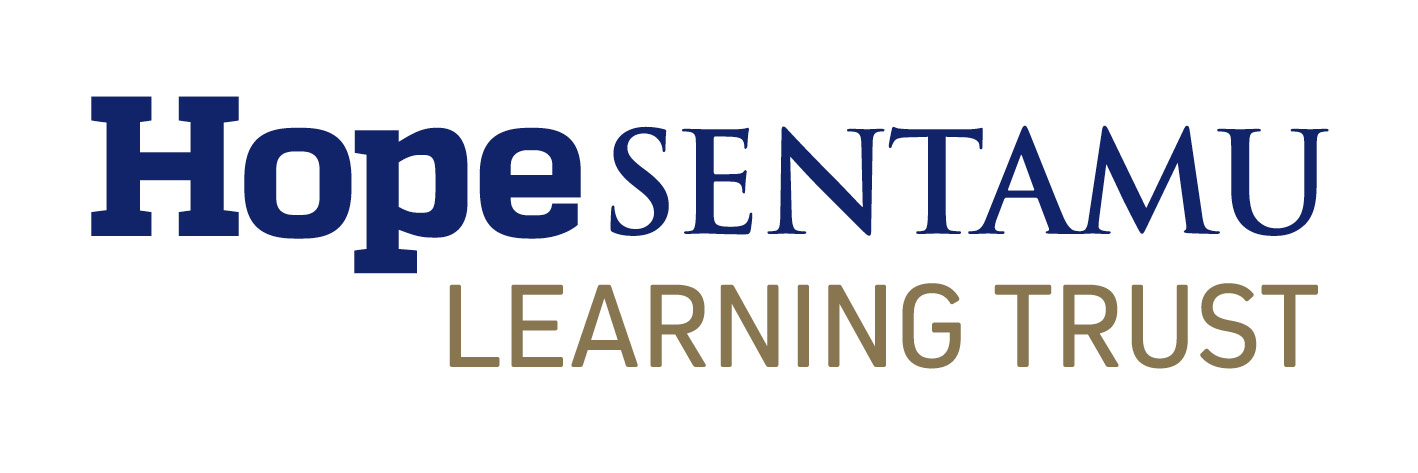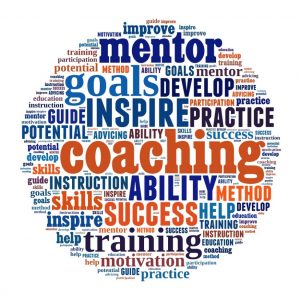- Home
- About us
- Vision and Values
- Our Schools
- Archbishop Sentamu Academy
- Aspire Academy
- Barlby High School
- Burton Green Primary School
- The Compass Academy
- Forest of Galtres Anglican Methodist Primary School
- George Pindar School
- Graham School
- Manor CE Academy
- Newland St John’s CE Academy
- Poppleton Ousebank Primary School
- Skelton Primary School
- St James’ CE Academy
- Vale of York Academy
- Key Information
- Central Services Team
- Our Partners
- Joining the Trust
- Admissions Consultation
- British Values
- Our Research
- Vacancies
- Governance
- Support
- Train to Teach
- Development
- Vacancies
- Contact


 Stuart Vine is a science teacher at Vale of York Academy.
Stuart Vine is a science teacher at Vale of York Academy. Instructional coaching is built around the idea of deliberate practice. This differs from ‘normal’ practice because it focuses on what to improve to be an expert and how to do it. For example, playing a game of football each day for a year may make you better at football, but if you focus on specific, manageable skills with a model for success and timely feedback, then it will accelerate your improvement.
Instructional coaching is built around the idea of deliberate practice. This differs from ‘normal’ practice because it focuses on what to improve to be an expert and how to do it. For example, playing a game of football each day for a year may make you better at football, but if you focus on specific, manageable skills with a model for success and timely feedback, then it will accelerate your improvement.
